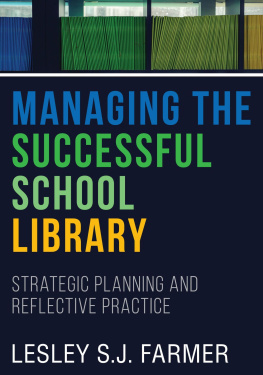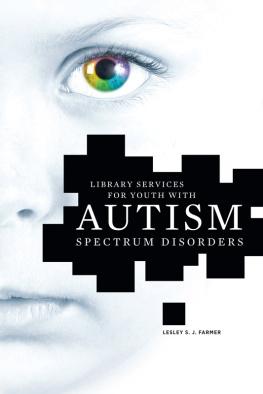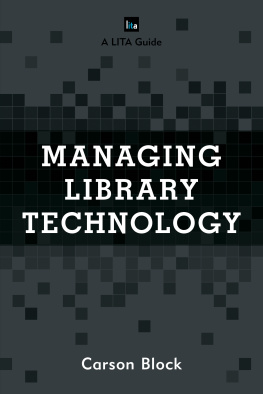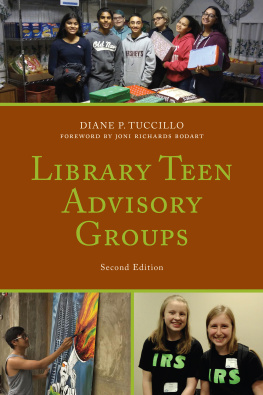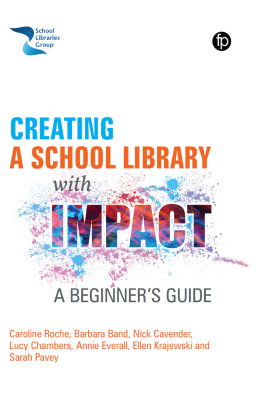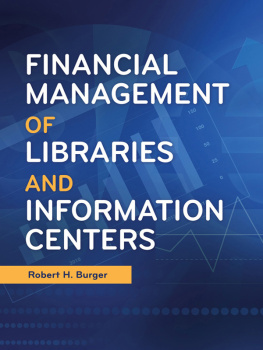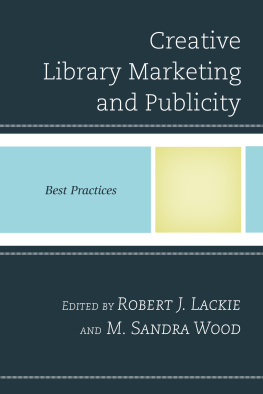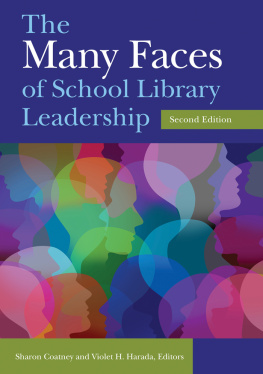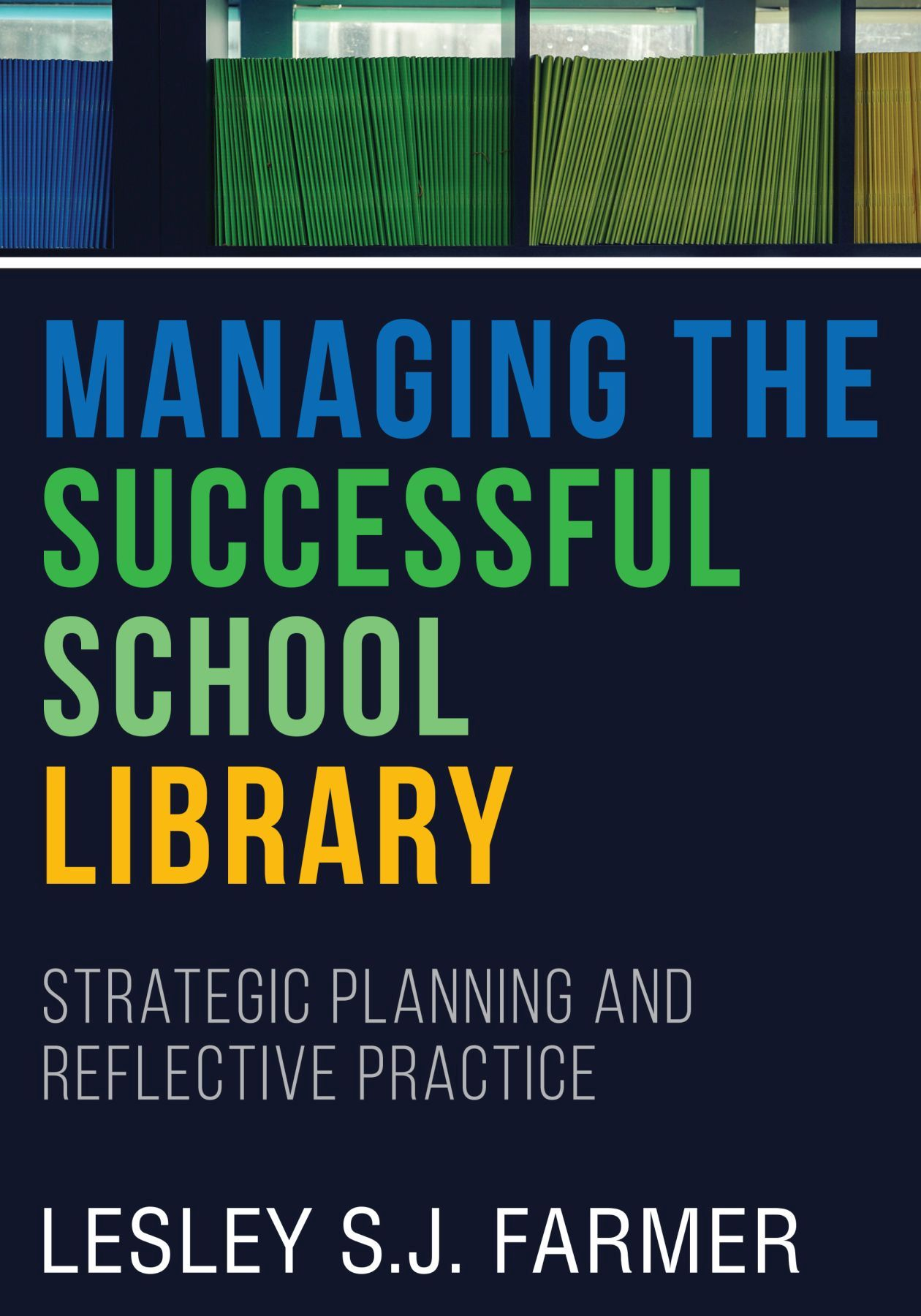
ALA Neal-Schuman purchases fund advocacy, awareness, and accreditation programs for library professionals worldwide.
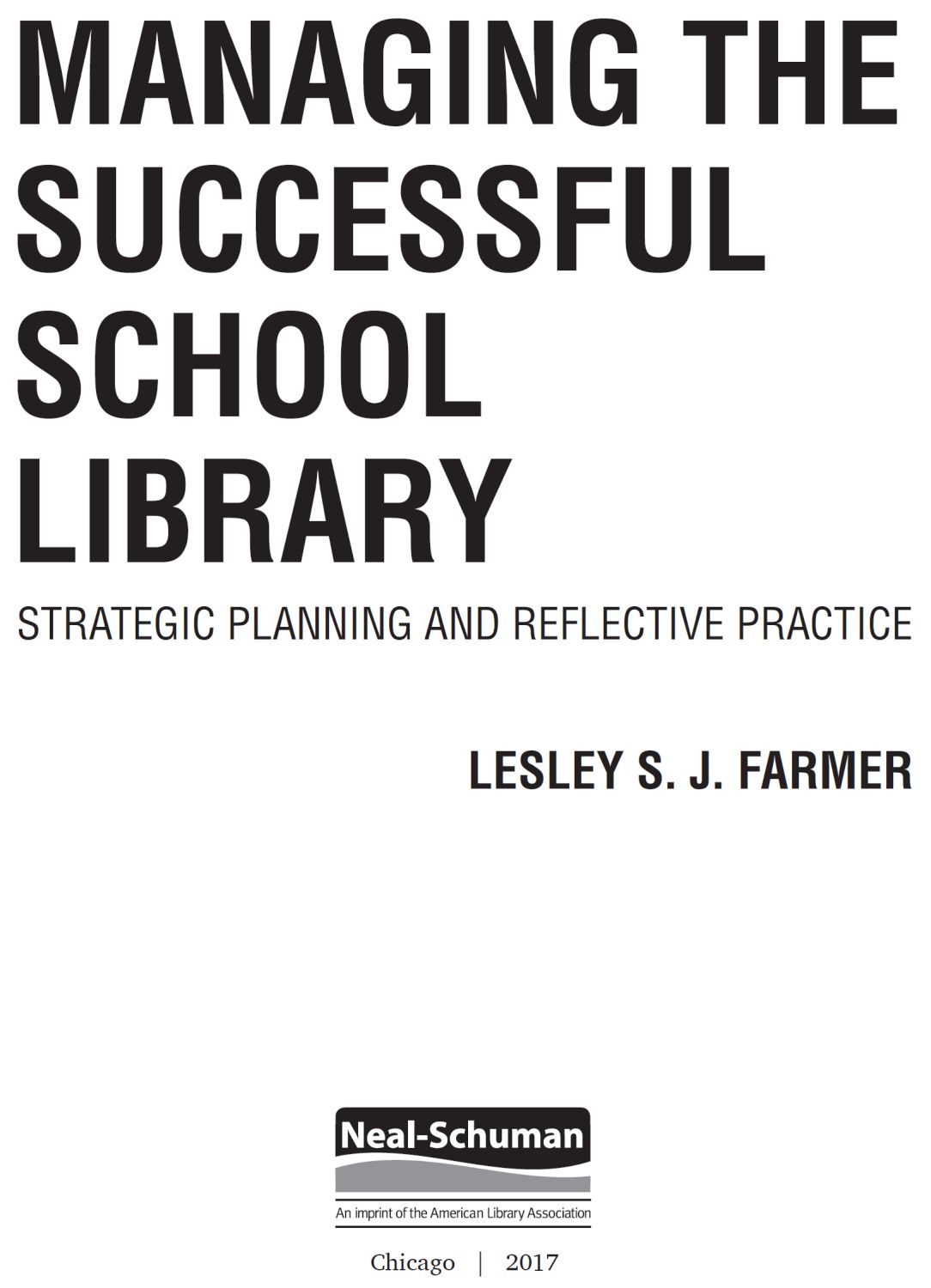
Dr. Lesley Farmer is a professor at California State University, Long Beach (CSULB), where she coordinates the Librarianship Program. She earned her MS in library science at the University of North Carolina, Chapel Hill, and received her doctorate in adult education from Temple University. Farmer has worked as a librarian in K12 school settings, as well as in public, special, and academic libraries. She chairs the International Federation of Library Associations and Institutions School Libraries Section and is a Fulbright Scholar. Dr. Farmer received the American Library Associations Beta Phi Mu Award for distinguished service to library education, as well as several other professional association awards and national and international grants. Her research interests include information literacy, assessment, and educational technology, especially digital citizenship. A frequent presenter and writer for the profession, Farmer has published over thirty professional books and more than a hundred professional book chapters and articles.
2017 by the American Library Association
Extensive effort has gone into ensuring the reliability of the information in this book; however, the publisher makes no warranty, express or implied, with respect to the material contained herein.
ISBNs
978-0-8389-1494-6 (paper)
978-0-8389-1515-8 (PDF)
978-0-8389-1516-5 (ePub)
978-0-8389-1517-2 (Kindle)
Library of Congress Cataloging-in-Publication Data
Names: Farmer, Lesley S. J., author.
Title: Managing the successful school library : strategic planning and reflective practice /
Dr. Lesley S.J. Farmer.
Description: Chicago : ALA Neal-Schuman, an imprint of the American Library
Association, 2017. | Includes bibliographical references and index.
Identifiers: LCCN 2016031059 | ISBN 9780838914946 (pbk. : alk. paper)
Subjects: LCSH: School librariesAdministration. | School librariesUnited States
Administration.
Classification: LCC Z675.S3 F23727 2016 | DDC 025.1/978dc23 LC record available at
https://lccn.loc.gov/2016031059
Cover design by T. J. Johnson. Cover image Shutterstock, Inc.
CONTENTS
H ow do you manage the school library program on a pro fessional level?
Several good books are available to describe basic operations: how to shelve, how to conduct story hours, how to keep the place organized. As valuable as these functions are, they do not address the professional decisions that school librarians must make on a daily business.
Other books cover strategic planning, but few deal with the realities of school libraries as they need to align with school mission statements and policies, as well as negotiating for budgets alongside other departments.
A couple of years ago a former student and I coauthored Technology Management Handbook for School Library Media Centers (2010, Neal-Schuman), which dealt with management issues through a technology lens. It provided both specific tips on topics such as RSS feeds and creating equipment databases, and addressed broader management issues, including selection policies and assessment. However, it didnt address the big picture of management.
In the new American Association of School Librarians standards for school library media programs, the issue of leadership has become more important. School librarians must not only manage the library, but also serve as educational leaders. The question arose: are management skills still needed? Yes!
This book takes a deeper, more professional look at management, its theories, and principles, and explains how school library programs must be systematically planned in light of standards and school community needs. Managers now must be both responsive and proactive. This book links management with leadership, differentiates the two, and shows how the school librarian can carry out both roles.
introduces the concept of school library programs, and provides an overview of school library program management. It then discusses management principles and theories.
imagines ideal school library programs. It examines professional and legislated standards, focusing on management issues. How those standards are implemented at the local level depends on the school librarians ability to interpret the school communitys vision while following these professional standards.
Just as information gains meaning within a context, the school library program gains meaning and significance within the context of the school community. provides tips for conducting an environmental scan that will outline how to manage responsively.
Before managing the library program as a whole, your role as a school librarian will require you to manage yourself. looks from the inside out to examine the skills, knowledge, and approaches that you bring to the management table.
By implementing ideas about ideal school library programs, doing a reality check on available resources, and identifying responsibilities, as the school librarian, you can start developing an effective management strategy to bridge the gap between the current and ideal situation. Both short-term and long-term goals are discussed in . This chapter also provides step-by-step guidelines for connecting process and product to provide a top-quality, effective school library program.
School communities continue to think of the library as consisting of its books and other material resources. Therefore, explains how to manage those resources in order to meet others expectations. It overviews the expanding scope of resources in terms of both collections and access. It also discusses how these resources are selected, acquired, organized, stored, and maintained for effective retrieval and use.
examines the spatial elements of resources and services, taking into account their physical interaction and how they are used for the intellectual, social, and emotional development of the school community.
explains how to develop and work with budgets, obtain additional funding, and collaborate with other entities to support the school library program.
gives concrete guidelines for hiring, training, supervising, assessing, and recognizing library workers and other library team members (e.g., advisory boards). Although collaboration and partnering are not management function per se, their support and sustenance do depend on management skills. What management conditions support beneficial interactions? How can partnerships lead to resource allocation and management?
discussed how to manage services. Strategic planning and ongoing assessment must drive services in order for the school library to influence the school most effectively.
Because school librarianship is basically a service profession, effective communication is a core activity. provides tools to help you manage the communication function for the best results.
defines leadership, and discusses the conditions for leadership that go beyond management skills and transcend the school library program. The chapter also provides guidelines to help you transition from competent manager to inspiring leader.
I hope that you gain important insights about school library programs and their managementand about yourself as a manager and leader.
Introduction
Next page
